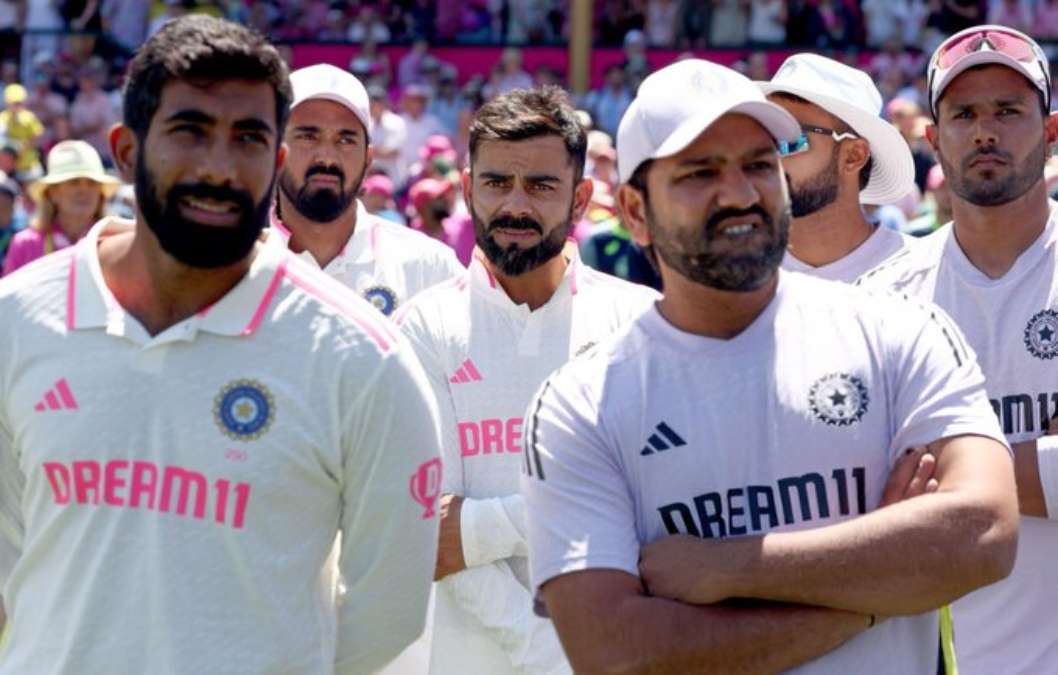The stark contrast in Test match scheduling among major cricket nations has brought attention to potential inequities in the World Test Championship (WTC) qualification process. South Africa’s relatively lighter schedule, comprising just 12 Tests divided evenly across home and away series against India, New Zealand, West Indies, Bangladesh, Sri Lanka, and Pakistan, raises questions about the fairness of the qualification pathway. This scheduling appears notably favorable compared to their competitors’ more demanding calendars.

Also Read: Usman Khawaja And Michael Vaughan Praised Yashasvi Jaiswal, Find Out What They Said
The workload disparity becomes particularly evident when comparing South Africa’s schedule with other major Test-playing nations. England leads with 22 Test matches, demonstrating their continued commitment to the longest format, while India follows with 19 Tests, maintaining their strong presence in red-ball cricket. Australia’s schedule of 17 Tests (set to become 19 after their Sri Lanka series) also represents a substantially heavier workload than South Africa’s.
Also Read: Virat Kohli’s Reply To Australian Sledging, What Was The SANDPAPER Controversy? Read Here
This imbalance in the number of Tests played could potentially impact the WTC points table in multiple ways. Teams playing more Tests face greater physical demands and increased chances of both accumulating and losing points, while those with lighter schedules might benefit from reduced pressure and more focused preparation time. The situation highlights a broader discussion about the need for more standardized scheduling in Test cricket to ensure all teams face comparable challenges in their pursuit of WTC qualification. It also raises questions about whether the current points system adequately accounts for these scheduling disparities.













